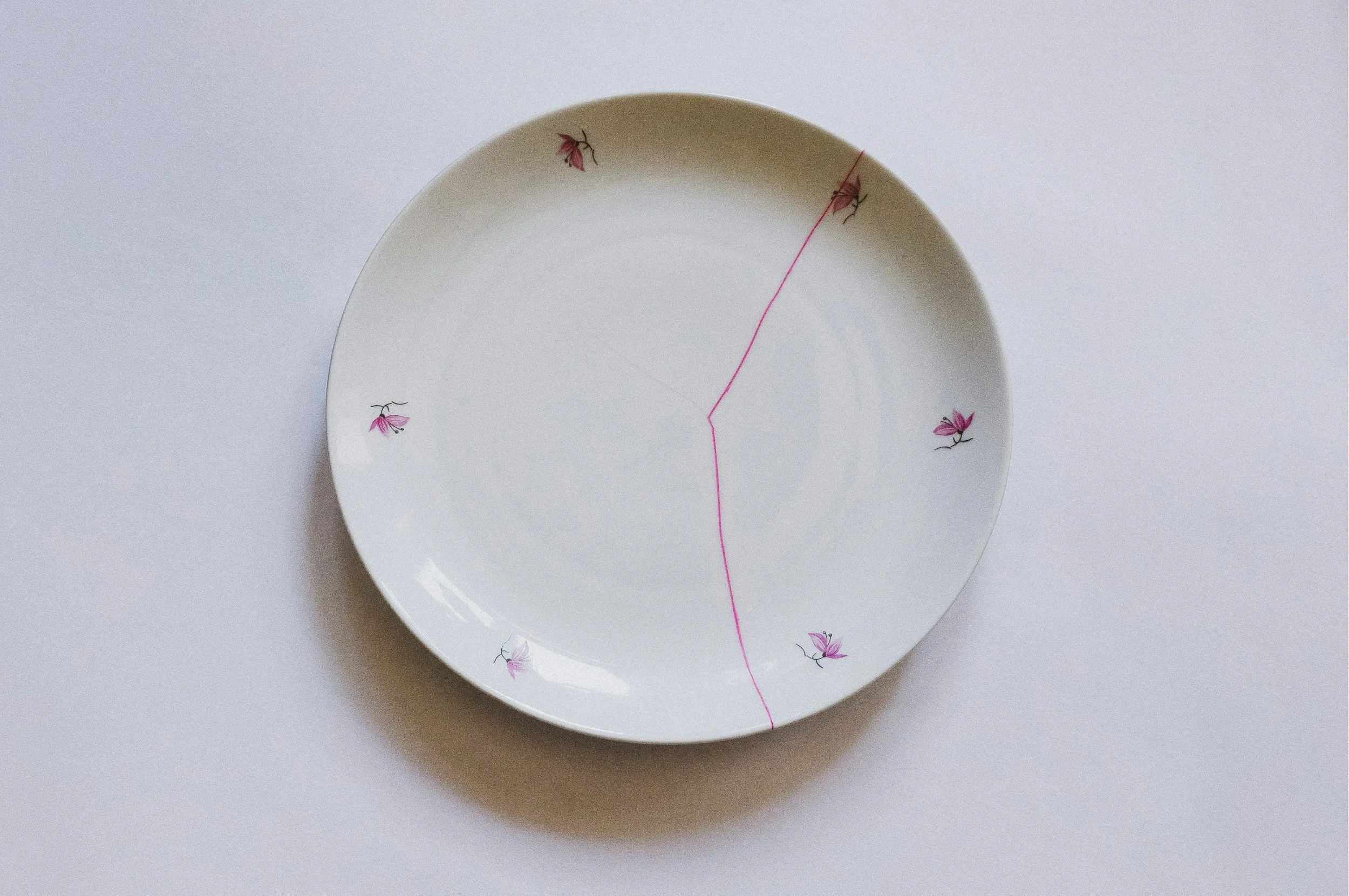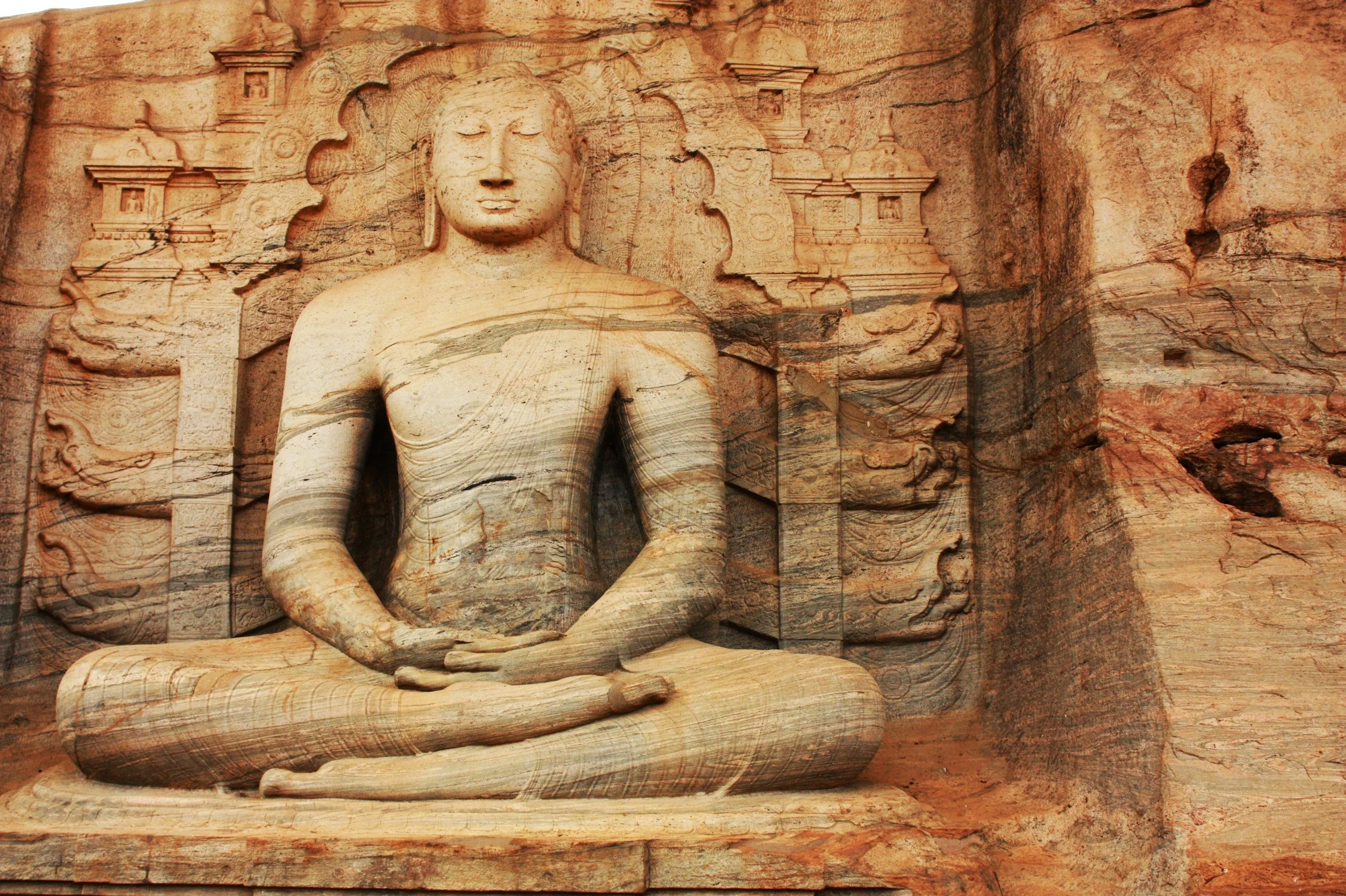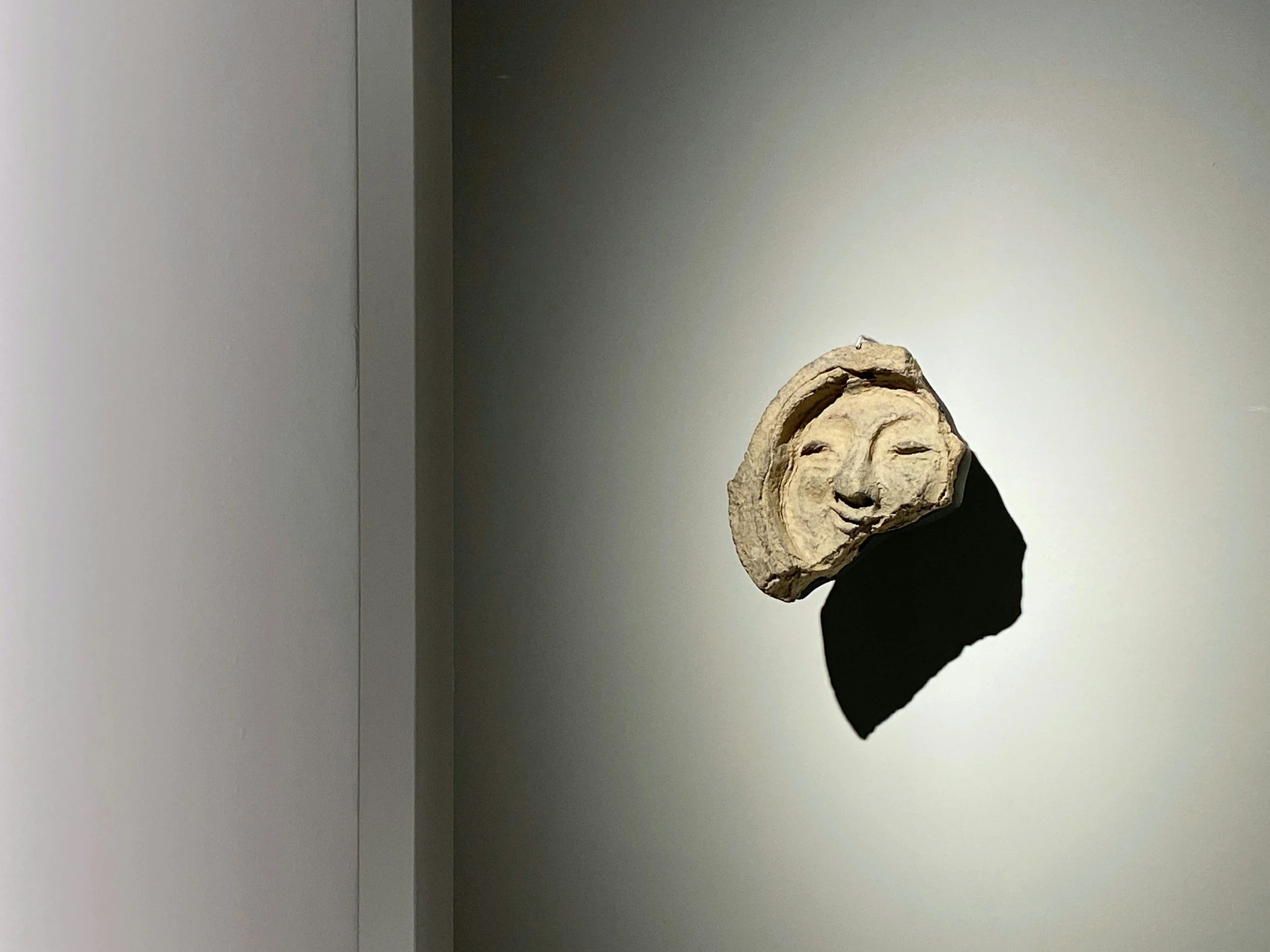When Meditation Reveals What You'd Rather Not See
There's a common experience that happens to meditators at every level — beginner to advanced — where meditation starts showing you parts of your mind and emotions you'd honestly rather not see. I've been there plenty of times myself, and I continue to encounter things in my own mind I'm not thrilled about. But over the years, I've found ways to work with this that actually transform it from a discouraging experience into something genuinely useful — even essential — to growth.
The Three Principle Aspects of the Path Part 4
In the graduated path to awakening, renunciation gives us the clarity to see our confusion and the motivation to seek freedom from it. But renunciation alone doesn't take us all the way. Without bodhicitta—the altruistic wish to attain awakening for the benefit of all beings—we can't reach full enlightenment. This is the teaching at the heart of Je Tsongkhapa's famous text, The Three Principal Aspects of the Path.
The Perfectionist’s Trap in Practice (And Life)
As meditators, we often bring an invisible companion to the cushion—one that whispers relentlessly about whether we're doing it right, whether we're good enough, whether this session counts as "real" meditation. That companion is perfectionism, and it can quietly undermine the very peace and freedom we're seeking.
The Three Principle Aspects of the Path Part 3
Renunciation might be one of the most misunderstood concepts in Buddhist practice. For many Western practitioners, it can sound like a call to abandon everything we hold dear—our relationships, our work, our simple pleasures. But what if renunciation is actually an invitation to something far more liberating? What if it's about recognizing where we place our attention and energy, and choosing to redirect that toward genuine freedom rather than fleeting satisfaction?
Mindfulness of Impermanence: A Practical Guide to Letting Go of Worry
One of the most powerful tools I've found for working with anxiety comes from a core Buddhist teaching: impermanence. While I use many practices—somatic awareness, compassion meditation, general mindfulness—reflecting on impermanence offers a unique gateway into releasing our grip on worry. It's both profoundly simple and surprisingly transformative.
The Three Principal Aspects of the Path Part 2
Welcome back to this series on one of my favorite Buddhist texts, "The Three Principal Aspects of the Path." If you missed part one, I'd recommend starting there, as it lays essential groundwork for what we're exploring today. But either way, you're welcome here.
Buddhist Meditation Retreat: The Essential Guide
If you've been drawn to the idea of meditation retreat but feel uncertain about where to begin—or perhaps you've tried retreat and found it more challenging than expected—this article is for you. After nine years as a monk and countless hours in solo retreat, I've learned that the difference between a transformative retreat and a frustrating one often comes down to preparation, understanding, and realistic expectations.
The Three Principal Aspects of the Path Part 1
I chose this text because it's short, pithy, and offers a very deep presentation on three pillars of the path. In general, we discuss these three principles as the development of renunciation mind, the cultivation of relative bodhicitta, and the actualization of non-dual wisdom (or prajna paramita, or in some cases we say primordial wisdom, depending on the tradition).
The Importance of Lojong Practice: Transforming Adversity into the Path of Awakening
Lojong is there for developing courage in the face of adversity. Here, more specifically, we're talking about the adversity to bodhicitta—to developing the mind of awakening, to developing loving-kindness, compassion, and non-dual wisdom. Specifically, Lojong focuses on what are the obstacles to that and how do we remedy them, not just on the cushion but in daily life. How can we transform adverse experiences on the path—obstacles, distractions, even doubts on the path?
How To Get Unstuck: Accumulating Merit
Merit is a virtuous action taken with the motivation to be awake. At minimum, the motivation is to awaken oneself, but ideally within the Mahayana tradition, the motivation is to awaken and become free in order to help free all beings.
Boredom’s Hidden Wisdom: Meditating Through the Mind’s Resistance
Boredom in meditation is something we all experience—it's a normal part of developing a consistent practice. But rather than seeing it as an obstacle, we can learn to work with boredom in ways that actually deepen our meditation and bring more ease and joy to the cushion.
How To Get Unstuck: Cultivating Relaxed Awareness
Struggling with meditation stagnation or pushing too hard in your practice? Learn how cultivating relaxed awareness can transform your meditation from tense striving into sustainable, joyful practice. Discover the difference between effort and pushing, and why gentle consistency leads to deeper progress than forcing results.
What is Buddhist Lineage?
When we begin exploring Buddhism from a non-indigenous perspective—meaning we weren't born into a Buddhist culture like Tibet or Thailand—we encounter many concepts that can feel foreign at first. One of the most important yet misunderstood of these is lineage. But here's the thing: lineage isn't actually foreign to Western thought. It's just been lost or deemphasized in our modern culture.
The Illusion of Control: Why We Suffer & How to Let Be
In our daily lives, we often fall into the trap of believing that pain, difficulty, or surprise shouldn't happen to us. We expect things to go exactly as we want, exactly as we plan. While most of us intellectually understand that life doesn't work this way, we still find ourselves caught in this illusion—mostly because of how expectations and control work together to create subtle stress points and dissatisfaction.
The Heart of Buddhism: Unpacking the Four Noble Truths
The Four Noble Truths aren't merely philosophical concepts to contemplate from a distance. They're practical tools we can work with daily, applicable across all three yanas of Himalayan Buddhism: the Shravakyana, Mahayana, and Vajrayana.
How To Get Unstuck: The Benefits of Aspiration
In our modern world, we often shy away from aspiration because we prefer immediate benefits—things that will help us right now or in the next moment. The idea of wishing for something in the future can feel ineffective or even uncomfortable. But what if aspiration is actually one of the most practical tools we have for transformation?
The Subtle Ways We Control (And Why It Hurts)
In our daily lives, we often find ourselves caught between two fundamental approaches to navigating the world around us. One approach seeks to control, fix, and manipulate our circumstances to create a sense of safety and predictability. The other invites us to cultivate curiosity, openness, and a genuine desire to understand the deeper patterns and causes that shape our experience. While both impulses are natural human responses, the question arises: which path leads to greater peace, compassion, and genuine well-being?
Buddhist Wisdom for Anxiety: 3 Levels of Healing
If you're someone who struggles with anxiety on a regular basis, you're not alone. In our modern world, chronic anxiety has become an increasingly common experience—that persistent, day-by-day challenge that can feel overwhelming and difficult to navigate. While there are countless approaches to understanding and working with anxiety, I want to share a comprehensive framework that has been transformative in my own practice and in working with others.
The Wisdom Within Our Emotions
There's a question that seems to arise in almost every conversation I have about meditation and spiritual practice—whether with the mentees I work with, dharma friends, or in my own quiet moments of reflection. It's a question that takes many forms but always circles back to the same fundamental struggle: how do we work with the parts of ourselves we'd rather not face?
Beyond Calmness: How Grounding the Body Transforms Meditation
We've all been there—sitting in meditation, desperately trying to quiet the mental chatter, feeling like we're failing every time a thought arises or an emotion surfaces. I used to think successful meditation meant achieving some blissful state, and when that didn't happen, I'd conclude I was doing something wrong. But what if our entire approach to finding peace is actually keeping us from the very freedom we're seeking?



















